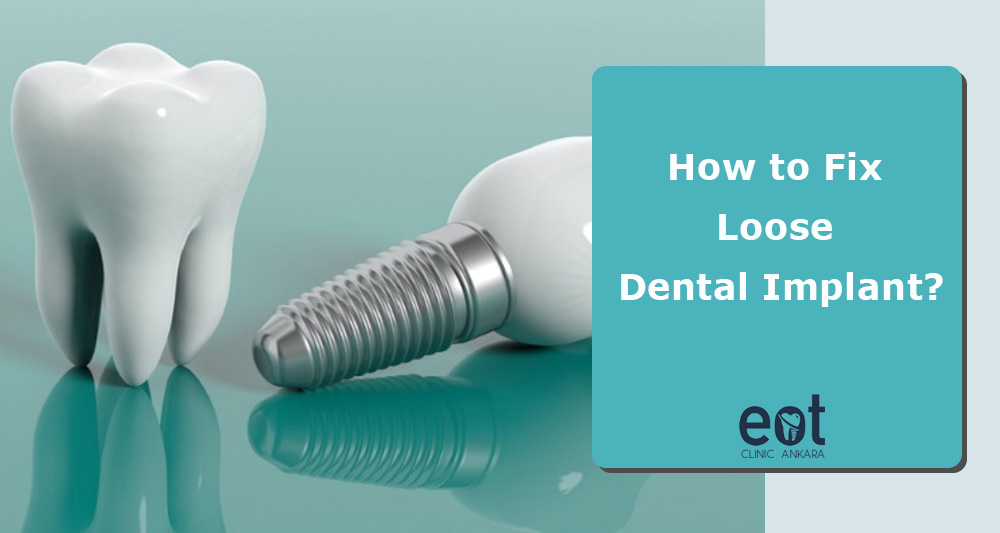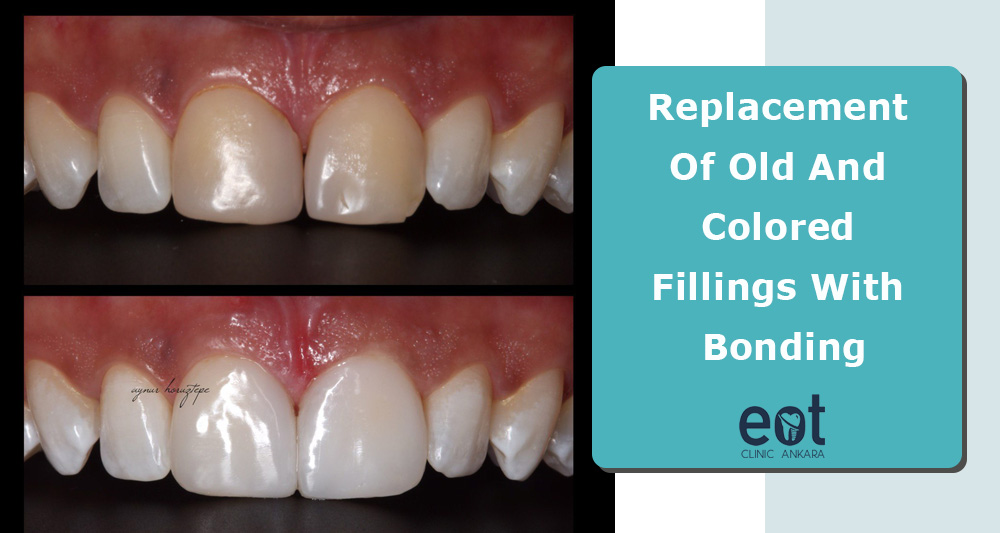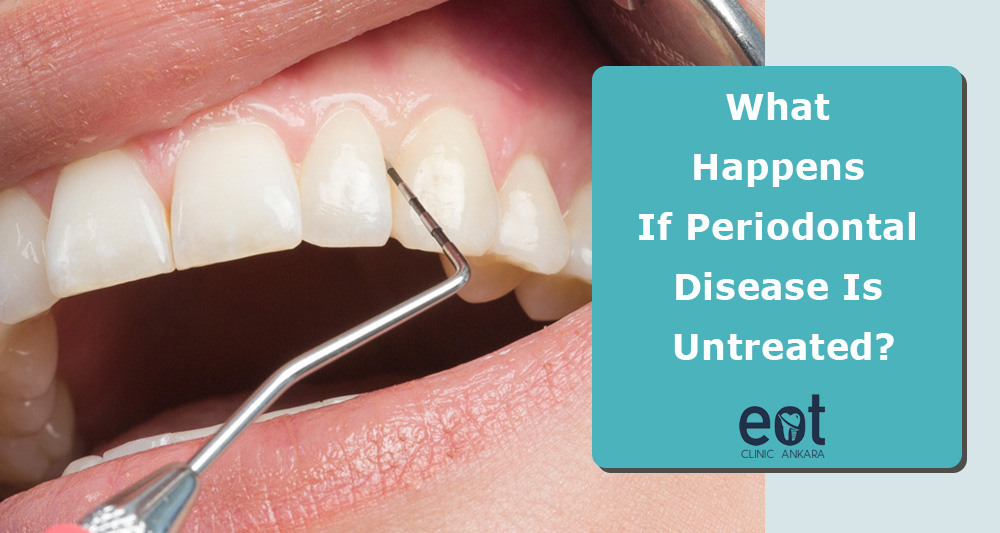Many privileges are provided for people coming to Turkey from abroad thanks to dental health tourism. Eot Clinic Turkey provides you with an ambitious service for the smooth application of dental bridges and veneers. Dental bridge treatment is ideal for congenital tooth deficiency or subsequent tooth loss. Dental bridges in Turkey are made by Eot clinic specialist doctors. Moreover, it is a treatment method with advantageous prices. Bridge treatment is provided by using different materials and different methods.
Crowns, veneers and bridges are custom.
Crowns are used for the following:
- Severely broken teeth that cannot be restored with simple fillings
- Cosmetic solutions when the aesthetic results cannot be met by fillings
- Endodontically treated teeth
- Covers for implants
There are several types of crowns, ranging from bonded porcelain to metal to high quality ceramics and full porcelain (emax, zirconia, gradia).
Veneers are mostly used on the anterior (front) teeth for the following:
- Cosmetically pleasing results in case of broken teeth
- Teeth that are heavily filled or with fillings that cannot be improved cosmetically
- Badly stained teeth (tetracycline staining)
- Or even closing gaps and creating smile lines. (reshaping teeth)
Bridges are used for replacing missing teeth and could be considered as more than one crown bonded together on the existing teeth adjacent to the missing tooth –teeth are prepared suitably for the bridge retainers (supporters).
At Eot Clinic Ankara we are committed to personalising your treatment to your needs and expectations via thorough treatment planning with the maximum possible patient involvement.

Turkey Ankara veneers and bridges
When can I have a veneer/bridge/prosthesis performed over the dental implant?
Veneers or bridges can be applied around 2 months after the placement of an implant in the lower jaw, and 3–4 months after implants in the upper jaw.
Can veneer/bridge/prosthesis be performed on the same day as dental implant placement?
Particularly in cases of front tooth loss, both the implant and the temporary prosthesis can be placed on the same day using a method we refer to as immediate placement and loading protocol. Similarly, temporary dentures can be placed with surgery on the same day in completely toothless patients with the aid of 3-dimensional digital dentistry methods. Accurate and precise planning, together with the appropriate prosthetic positioning of the implant placement, is important in meeting these conditions.
Can the veneers/bridges on the implant chip?
The prostheses placed on the implant are sometimes fixed with screws and sometimes with glue. Loose screws and chipping of the crown are always possible, but are uncommon in our practice. In brief, our patients will be able to use their prostheses for many years.
What materials are used in implant-top veneers/bridges?
Zirconium crowns are more common nowadays, the main reason for this being the greater biological compatibility of zirconium with the gum than with other materials. Other than zirconium, porcelain fused to metal crowns are also common.
How long does it take for the fitting of tooth veneers and bridges?
Depending on the number of items in the prosthesis, zirconium crowns and bridges are completed in 2 sessions. While porcelain fused to metal crowns are completed in 3 sessions. The production of the prosthesis after the dental implant placement takes 4–15 days, depending on the type and number of prostheses. For prosthesis treatments lasting 15 days, the patient does not have to remain in the city in which they are receiving treatment, as there are gaps of 3–4 days between appointments.
What is the average lifespan of tooth veneers/bridges?
Tooth veneers/bridges can last for 10–15 years with appropriate maintenance if the patient brushes their teeth at least twice daily and flosses at least once. Regular yearly visits to your dentist should be maintained to identify any problems before they get worse.
Is root canal treatment necessary before tooth veneering?
No, root canal treatment is not necessary before tooth veneering, although a tooth that has undergone root canal treatment may require tooth veneering for protection.




